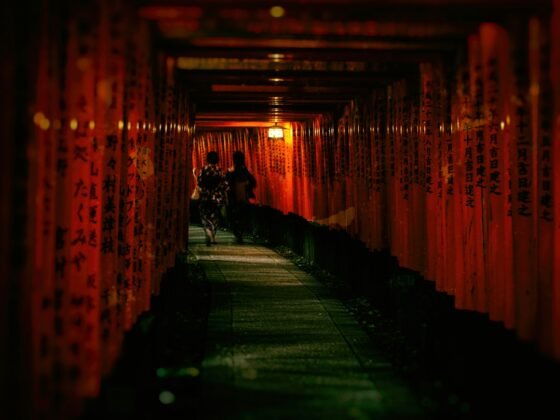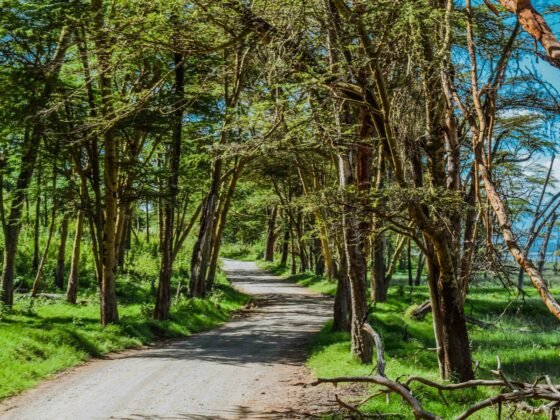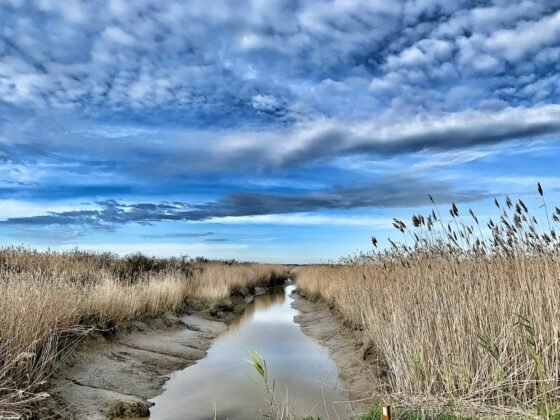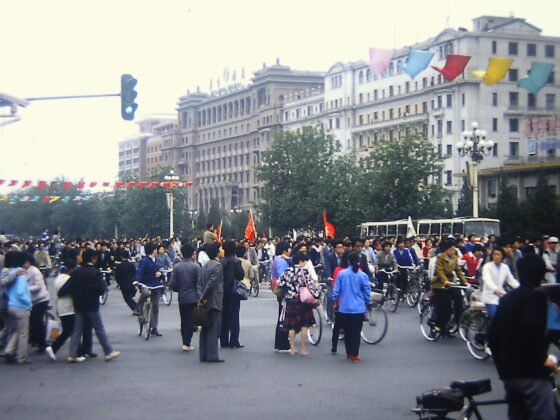Great travel writing at PureTravel.com. Astrid Okello writes for us about her experiences in Japan & Kenya:
“Afurika! Afurika!” Two young boys shout, pointing to my direction as they enter the train. They are accompanied by their parents. They giggle as they jump onto the priority seat. Their mother tries to calm them down, while their father turns to me and slightly bows, I guess as a way of apologizing. Afurika is the Japanese pronunciation of Africa.
Before the train stopped at this subway station, almost everyone minded their business. The young people were glued on their phones, while old people were busy reading those Manga comic books. Now, these children have shifted everyone’s attention. All eyes are on me, making me uncomfortable. So, I get out my phone and scroll through Facebook notifications. Soon, the doors close and the train starts moving.
Deep inside, I am thinking of the amazing experiences that I have had in this city. I am still amazed by how the system here works so perfectly for the citizens and how clean, green and orderly the city is, despite being the largest in the world. I have been learning a few words and sentences here to blend more into the culture. Indeed, I have learnt a lot, even though I keep forgetting to add the word “san” to names of people, and still have the habit of referring to restaurants as hotels, and convenience stores as supermarkets.
It is around 5 pm. I am going to see professor Sara-San for a discussion on her library project in Kenya. She is a famous professor of Socio-Cultural Anthropology at Tokyo University. She also serves as the director of the International Students Association at the University. She has written several books, two about African culture and has been to Kenya several times. She is Scottish, married to her Japanese husband. She speaks Japanese like a native and has blended well into the culture. She has also recently received her Japanese citizenship.
I first met Sara- San about 20 years ago in Kenya when she donated fairy tale books to my primary school in Kenya. I remember being selected to read some few pages of Cinderella at her appreciation ceremony. I was about seven. I was surprised to see her at the African conference at Tokyo University. I immediately recognized her bob-cat hairstyle and the wide gap between her front upper teeth. Twenty years down the line, she had not changed that much. She did not recognize me at first but was in tears when I reminded her of her visit to my school. When she learned that l was the young girl who had read the story, she hugged me tightly as she sobbed.
She shared her undying love for the Swahili language, and how she had constantly practiced it on her occasional visits to Kenya. She could’nt keep calm as she dropped Swahili words, explaining their meanings. It was hard to convince her that ‘Waambaje’ is a traditional salutation which we never use, at least in Nairobi. She was offended when I reverted to English, and reminded me to embrace my African culture.
Two months into my arrival here, my African origin has fascinated many. I have received lots of attention. I came here for a writing fellowship at Tokyo University after winning a creative writing contest. Whenever I introduce myself as a Kenyan girl with a degree in Sociology, and with a great passion for writing and environmental matters, my introduction seems incomplete. This is as long as it is not spiced with some African aspects, something like I have two lion pets.
On the other side, I have used this phrase “In my culture” for giving excuses, like those of why I cannot consume raw meat, or why I cannot drink “kohi” (coffee) without sugar.
After about forty-five minutes, I arrive at Harajuku, where Sara-San lives. I get on Google maps to locate her house, which she says is about ten minutes walk from the station, that is if I get out through the right exit from the station. It is a cold autumn; winter is fast approaching. It is now 6 o’clock and completely dark, something I have not processed as much as the fact that the sun could be up, shining brightly, yet still cold, very cold.
So far, I have been to Harajuku not once, not twice. Harajuku is my favourite spot in Tokyo. I love the vibe it gives and its sense of fashion. Unlike European streets, lined with famous cathedrals, Harajuku has beautiful shrines, beautiful parks and cornered restaurants. I cannot forget to mention its pop culture!
The sky is clear and the air is filled with anime tunes and people constantly saying the thank you word, “Arigatou.” As I walk down the crowded narrow alley, the aroma of Ramen from the cafés fill my empty stomach. I love Ramen, more than the famous Sushi. As I brush shoulders with people, I can hear them whispering “Afurika.” Everything is beautiful from the flower arrangements at the front of the houses to the beautifully decorated manholes.
I finally arrive at Sara’s house. She lives with her husband and her sister-in-law is visiting for the weekend from Okinawa, where she lives and works. I love how Sara-San has blended the living room with both Japanese and Scottish style, with a touch of Africa, represented by carvings of different wild animals on top of the cabinet.
On the left wall is a big picture of a small thin girl, shyly holding a microphone on one hand and a book on the other. She is standing in front of a large crowd. Among the crowd is Sara-san. I know it’s her, even though she has black shades on. I recognize myself as the young girl and for seconds, I get glued on the picture as memories of my tormenting childhood fill my head. The house smells of of Ramen, and I feel hunger burning in my stomach.
Sara-San introduces me to her family, then asks her sister-in-law to lead me upstairs to the study room to see the books she had collected for her library project in Kenya while she sets the table for dinner. The study is a small irregular room. There is an old desktop lying on one corner, at the centre is a small table with an office chair tucked underneath. Each side of the wall has a bookshelf, with books piled up to the ceiling. Among the book piles, I spot several familiar books including Half of a Yellow Sun by Chimamanda Ngozi and The River Between by Ngugi wa Thiongo.
Sara’s sister-in-law reaches the top shelf and lifts out a book. She blows off the dust on the cover and hands it over to me saying, “Afurika.” I take the book and flip a few pages before I read the summary on it’s back. It’s the story of the legendary Yasuke, the African Samurai who is believed to have been the first African to arrive in Japan in the 16th century. Now I know why she thought I would love it.
After dinner, Kiyosaki-San, Sara’s husband takes the lead and explains details of their planned library project in Kenya. He then shifts to other stories, including how he has been recovering from a minor stroke, which has seen him stop his teaching career for over two years. He has a PhD in music and brags of his mastery of foreign genres. He tells us stories of his first visit to Kenya and his love for the Kenyan coast. He narrates a near-death experience when he was attacked and robbed in Malindi town. He goes ahead and mentions his dying love for “Zilizopendwa,” a famous Swahili music genre, so he pulls out an old guitar from the side of his chair and plays “Stella Wangu,” a famous Swahili love Song as he sings along with a ridiculous tune in his Japanese accent. He nods as he strikes the last note and we bow and clap simultaneously, then he turns to me and says, Afurika!












